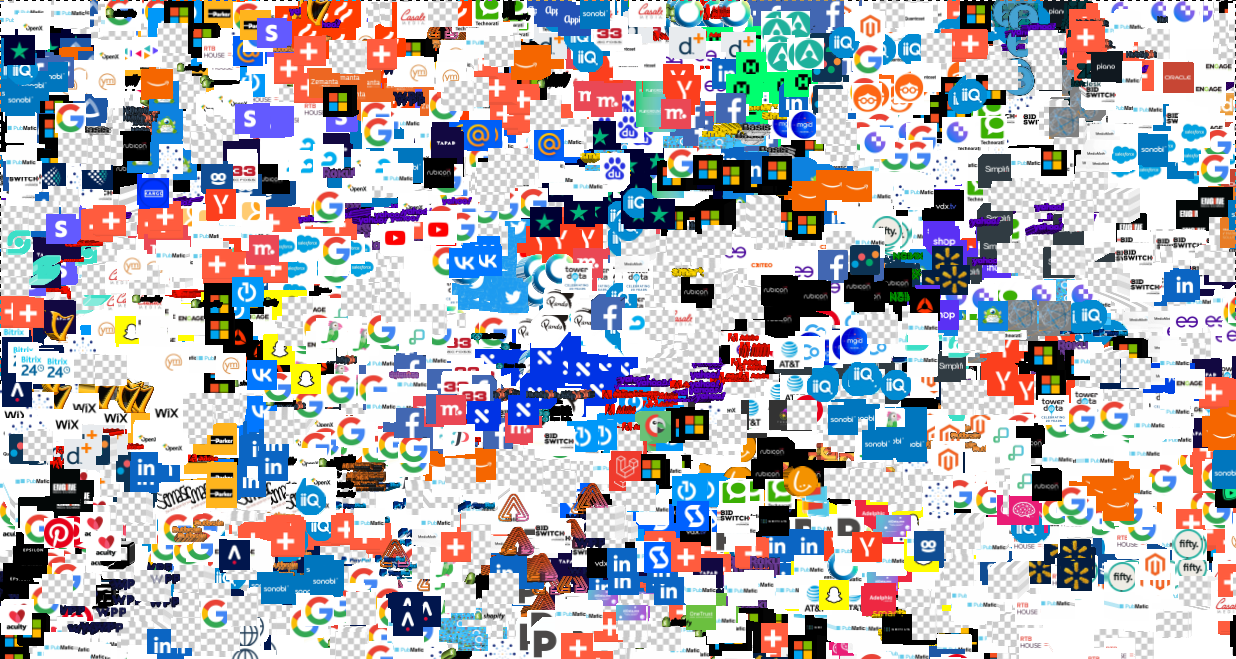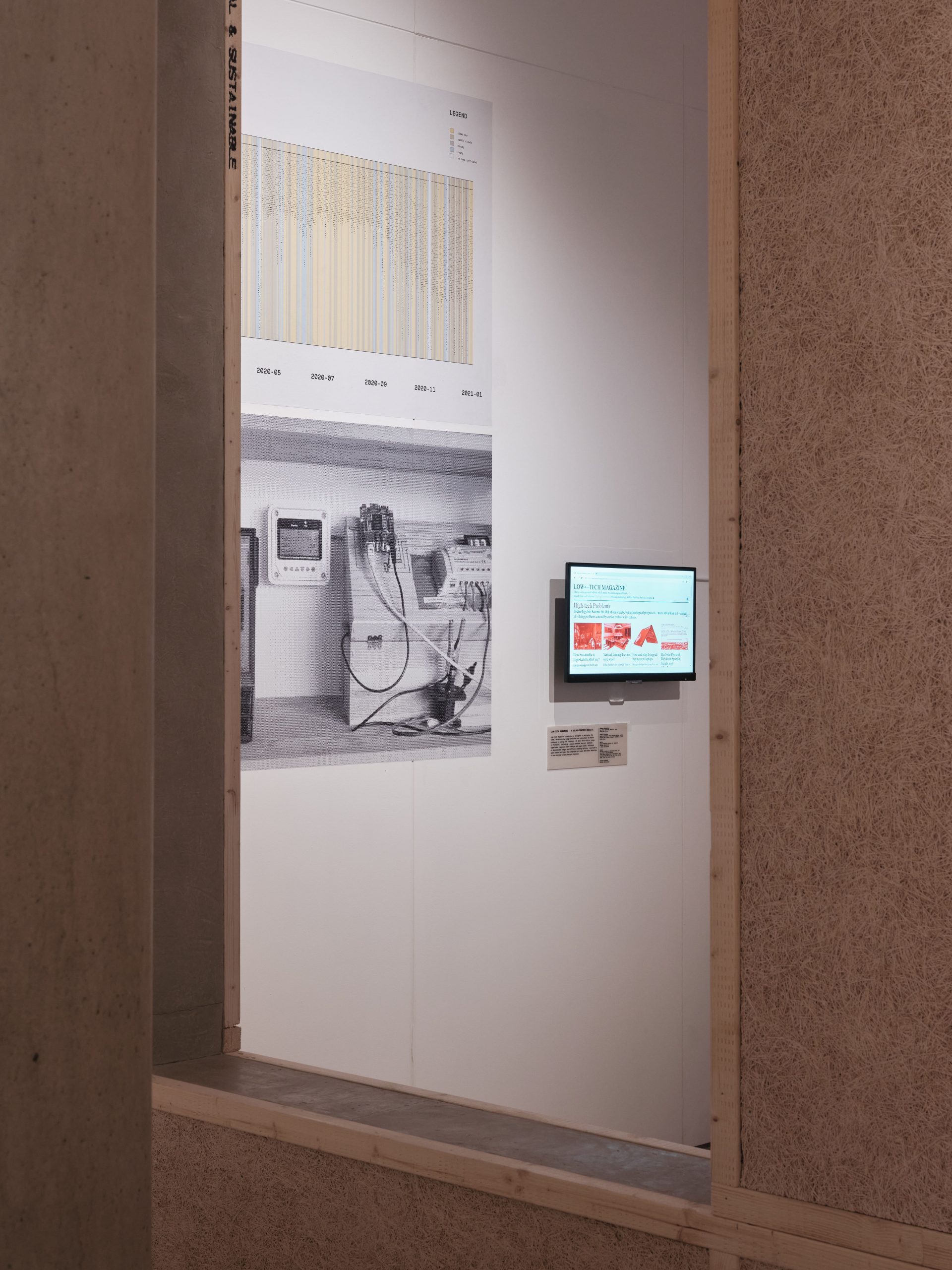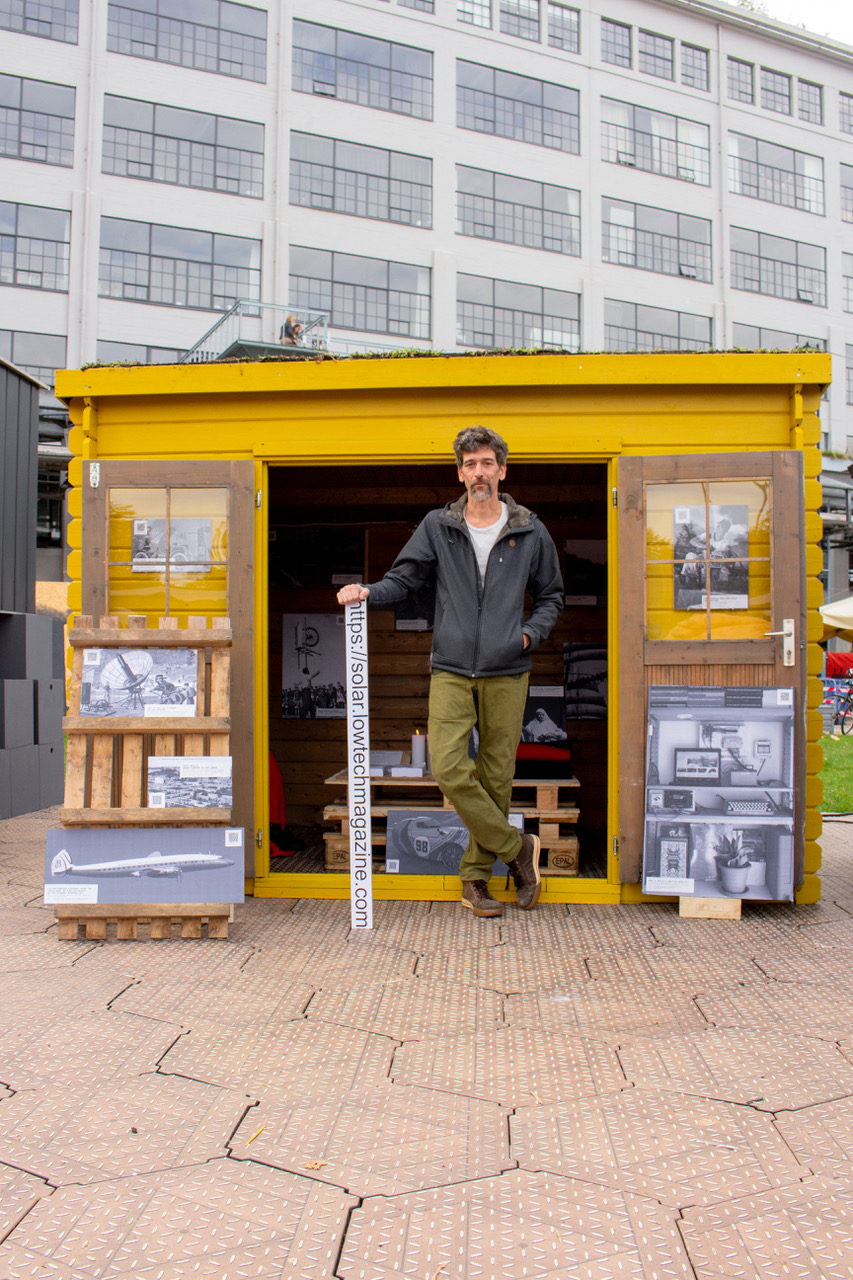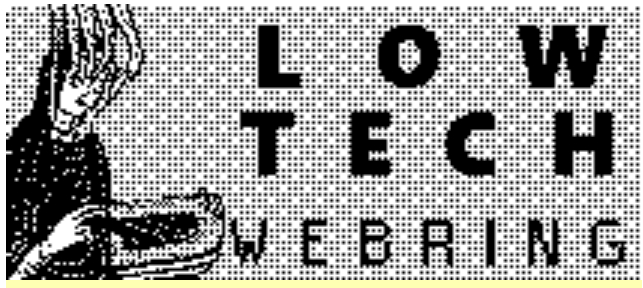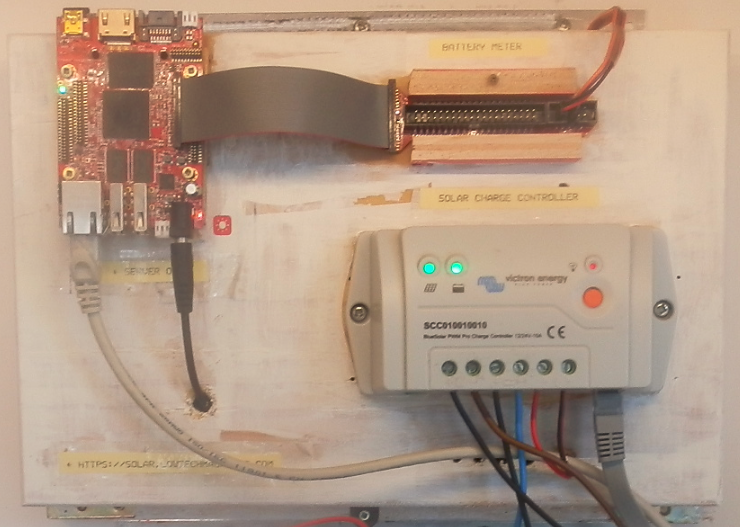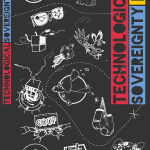- The Technocrat’s Dilemma — Expert rule is destroying itself. Alexander Stern, The New Atlantis, April 2022. “Technocrats, when they speak in public, use the rhetoric of objective, neutral, scientific knowledge to justify policy decisions that are not — cannot be — fully “based on science”.”
- In the dark: How authoritarian regimes found an off switch for dissent. Rest of World, Peter Guest, April 2022. “The free, open, global internet is under severe threat. Blackouts and mass censorship risk fragmenting the internet and even undermining its physical integrity.”
- Their bionic eyes are now obsolete and unsupported. IEEE Spectrum, Eliza Strickland & Mark Harris, February 2022. “More than 350 blind people around the world with Second Sight’s implants in their eyes, find themselves in a world in which the technology that transformed their lives is just another obsolete gadget.”
- In the Battle Over the Right to Repair, Open-Source Tractors Offer an Alternative. Greta Moran, Civil Eats, April 2022. “The idea is to create more regional, country-level manufacturing for farm equipment, rather than having farmers rely on the major global manufacturers whose sales don’t benefit the local economy.”
No Tech Reader #31
Carbolytics: The Environmental Impact of Data Collection Practices
“Carbolytics is a project at the intersection of art and research that aims to raise awareness and call for action on the environmental impact of pervasive surveillance within the advertising technology ecosystem (AdTech), as well as to provide a new perspective to address the social and environmental costs of opaque data collection practices. Online tracking is the act of collecting data from online user activity, such as reading the news, purchasing items, interacting on social media or simply doing an online search. It is known that tracking and recording users’ behaviour has become a major business model in the last decade.”
“However, even though the societal and ethical consequences of abusive online surveillance practices have been a subject of public debate at least since Snowden’s revelations in 2013, the energy and environmental costs of such processes have been kept away from the public eye. The global data collection apparatus is a complex techno maze that needs vast amounts of resources to exist and operate, yet companies rarely disclose information on the environmental footprint of such operations. Moreover, part of the energy costs of data collection practices is inflicted upon the user, who also involuntarily assumes a portion of its environmental footprint. Although this is a critical aspect of surveillance, there’s an alarming lack of social, political, corporate and governmental will for accountability, thus a call for action is urgent.”
More: Carbolytics. A project by Joana Moll commissioned by Aksioma in collaboration with Barcelona Supercomputing Center (BSC) and in partnership with The Weizenbaum Insitute + Sónar +D.
Solar Powered Website in Design Museum London
The solar powered website in the Design Museum in London. It forms part of the exhibition “Waste age: what can design do?“, which runs until 20 February 2022.
Off-line Portal to Solar Powered Website
Here’s our off-line portal to the solar powered website at the Dutch Design Week in Eindhoven. Designed and built in collaboration with Marie Verdeil. We formed part of Arne Hendriks’ Hara Hachi Bu village, which celebrates the Japanese principle that enough is enough. “Eat until you are 80% full”.
Low Tech Webring Directory
The Low Tech Webring Directory is for homepages of people who are interested in low tech, small game tools, and other forms of Web 1.0 inspired creativity.
A Design Inquiry into Degrowth and ICT
Roel Roscam Abbing wrote a conference paper about Low-tech Magazine’s solar powered website: ‘This is a solar-powered website, which means it sometimes goes offline’: a design inquiry into degrowth and ICT.” Workshop on Computing within Limits. 2021.
